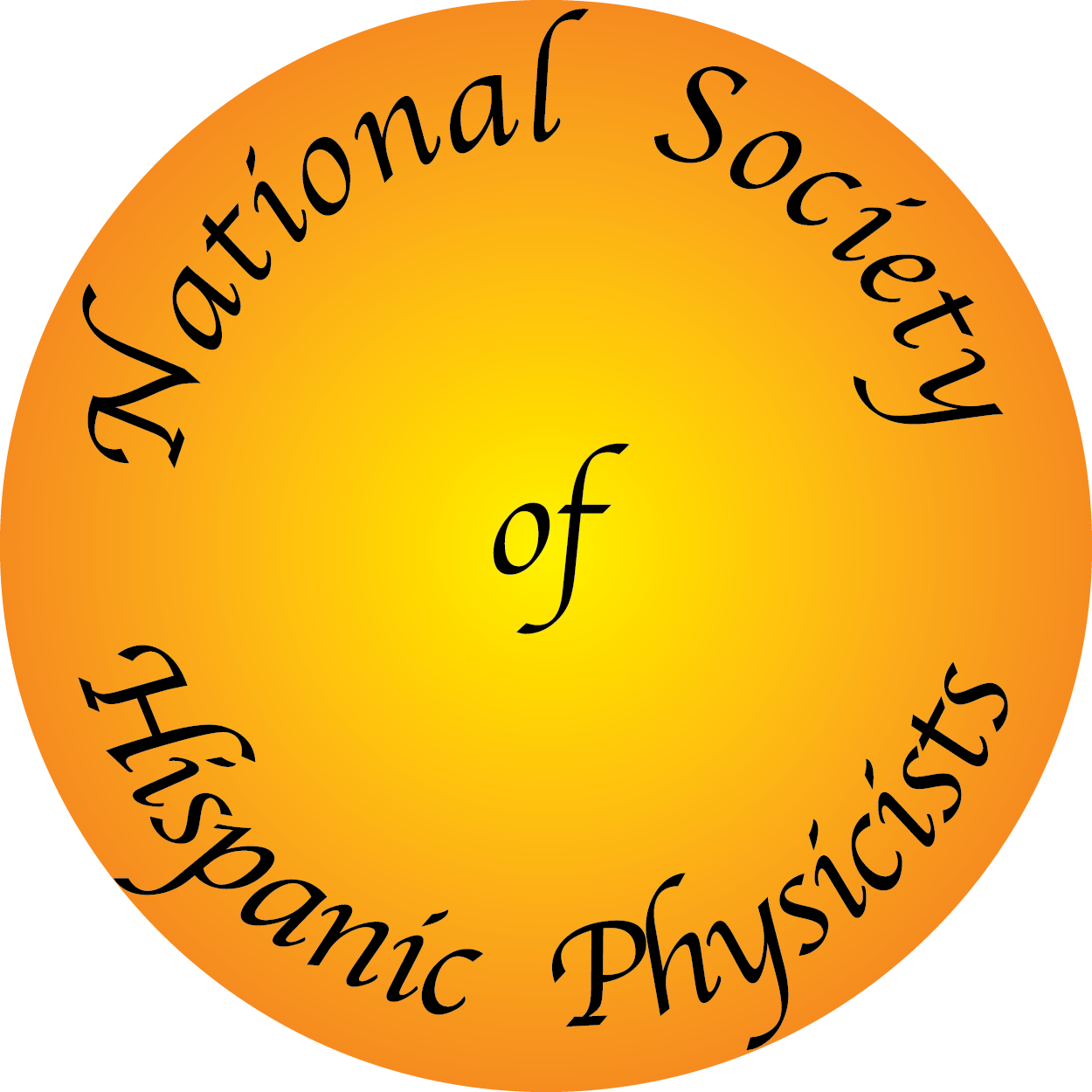Diversity Workshop
 Joseph Williams
Joseph Williams
Workshops by Joseph M. Williams, Ph.D., University of Virginia, Curry School of Education
Presenter Bio: Joseph Williams is an Associate Professor in the Counselor Education Program at the University of Virginia. Prior to joining the UVa faculty, he coordinated the school counseling program at George Mason University for six years. Dr. Williams' professional interest include multicultural and social justice training practices for (K-12) counselors, educators, and other helping professionals and he has published numerous journal articles and book chapters in those areas. Dr. Williams has conducted diversity and inclusion (D&I) consulting and training for school districts, programs, associations, and corporations such as Kellogg’s and Dell and Microsoft on various topics including: culturally responsive practices, racial micro-aggressions, implicit bias and stereotypes, and multiculturalism and privilege. Prior to becoming a counselor educator, Joseph earned his Ph.D. in Counselor Education with a cognate in Social Work from the University of Iowa and his M.S. in mental health counseling from Minnesota State University.
Note:
Session #1 and #2 are very similar so you should plan to attend only one of those two.
For session #3 it would help if you take the implicit association test (IAT) for which the link has been provided below. If you take the IAT, please note that
- Participants will not be asked to share their results with anyone
- Completing the IAT will help frame and personalize the conversation that Dr. Williams will lead.
- Suggested IAT test to complete (https://implicit.harvard.edu/implicit/takeatest.html): RACE, GENDER-SCIENCE, AGE, DISABILITY, GENDER-CAREER
Session Title (#1): Identifying and Responding to Racial Microaggressions at (K-16) School - Saturday, January 12 from, 4:00 PM to 6:00 PM
Racial microaggressions can be defined as daily verbal, behavioral or environmental messages (whether intentional or unintentional) that communicate that a person’s racial identity or heritage is less valued or perceived negatively. New research shows that students of color regularly experience racial microaggressions at school from friends, classmates, teachers, and school administrators. These everyday occurrences may on the surface appear quite harmless or trivial, but research indicates they have a powerful impact upon the behavior and academic performance of students of color. This workshop will help school personnel learn how to recognize and address racial microaggressions at school and in everyday situations.
Learning Objectives (minimum of 3): After completing this interactive workshop, participants will be able to:
1. Identify various forms of racial microaggressions
2. Understand the harmful impact of microaggressions on student behaviors and outcomes.
3. Respond to racial microaggression at school and in everyday situations.
Session Title (#2): Identifying and Addressing Subtle Biases in the Workplace: Microaggressions - Sunday, January 13 from 8:00 AM to 10:00 AM
Microaggressions are brief, everyday exchanges that send denigrating messages, whether intentional or unintentional, to certain individuals because of their group membership. Many microaggressions are so subtle that neither the target nor perpetrator may entirely understand what is happening. Research studies have found that the process of encountering microaggressions can be psychologically and physically draining, often leading to higher levels of stress, lower job satisfaction, hostile and invalidating work environment, and poor mental health outcomes. This workshop will help participants learn how to identify microaggressions, understand their impact, and respond appropriately when they occur.
Learning Objectives (minimum of 3): After completing this interactive workshop, participants will be able to:
1. Identify various forms of microaggressions
2. Understand the harmful impact of microaggressions on work related outcomes
3. Respond to microaggression at work and in everyday situations
Session Title (#3): Consciously Overcoming Unconscious Bias in the Workplace – Part I (Individual Strategies) - Sunday, January 13 from 10:30 AM to 12:30 PM
Our exposure to cultural assumptions and stereotypes give rise to our unconscious biases, and can result in inequities, disrespect, and unfairness in our dealings with others at work. Since unconscious bias is not the result of a conscious decision, we may not realize that we are treating others in an inappropriate manner based on our cultural assumptions. However, once people are made aware of their own implicit biases, they can begin to consider ways in which to address them. This presentation will provide participants with evidence-based strategies to overcome unconscious/implicit bias at work and in their personal lives.
Learning Objectives (minimum of three):
After completing this interactive presentation, participants will be able to:
1. Recognize our own human biases
2. Understand how unconscious/implicit biases can affect perceptions and behaviors
3. Discuss strategies for reducing the influence of implicit bias at work
Session Title (#4): Consciously Overcoming Unconscious Bias in the Workplace – Part II (Institutional Strategies) - Monday, January 14 from 7:30 AM to 9:30 AM
Unconscious institutional biases in the form of policies, practices, and procedures can account for such problems in organizations such as a lack of diversity in hiring and promotion, gender and racial stereotyping, and low employee satisfaction and retention. This can lead to overlooking great ideas, undermining individual potential, and creating a less than ideal work experience. This presentation will provide organizations with strategies to identify and address unconscious/implicit bias in their own policies, practices, and procedures.
Learning Objectives (minimum of three):
After completing this interactive presentation, participants will be able to:
1. Recognize implicit institutional biases
2. Understand how institutional biases in the form of policies, practices, and procedures negatively impact workplace culture
3. Discuss strategies for reducing the influence of implicit institutional bias at work
Funding was provided by the National Science Foundation Grant # 1661340.

 Open Menu
Close Menu
Search
Open Menu
Close Menu
Search


 Joseph Williams
Joseph Williams